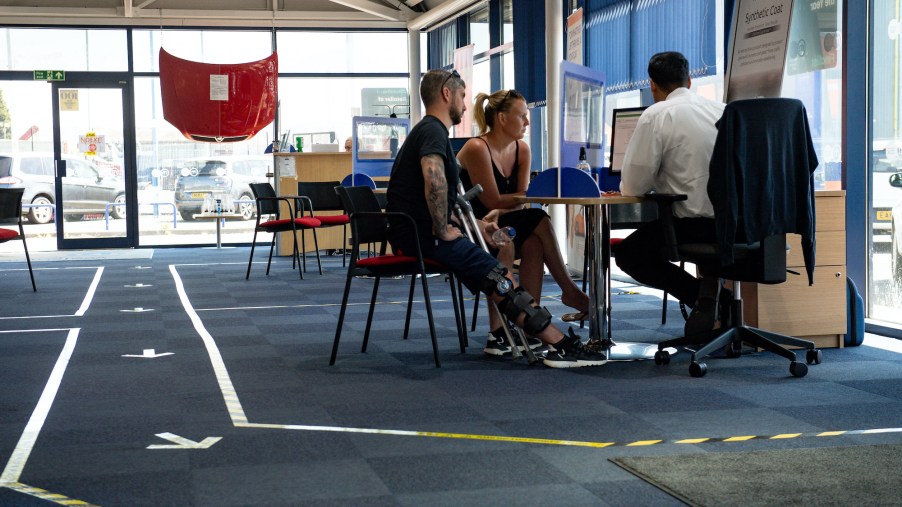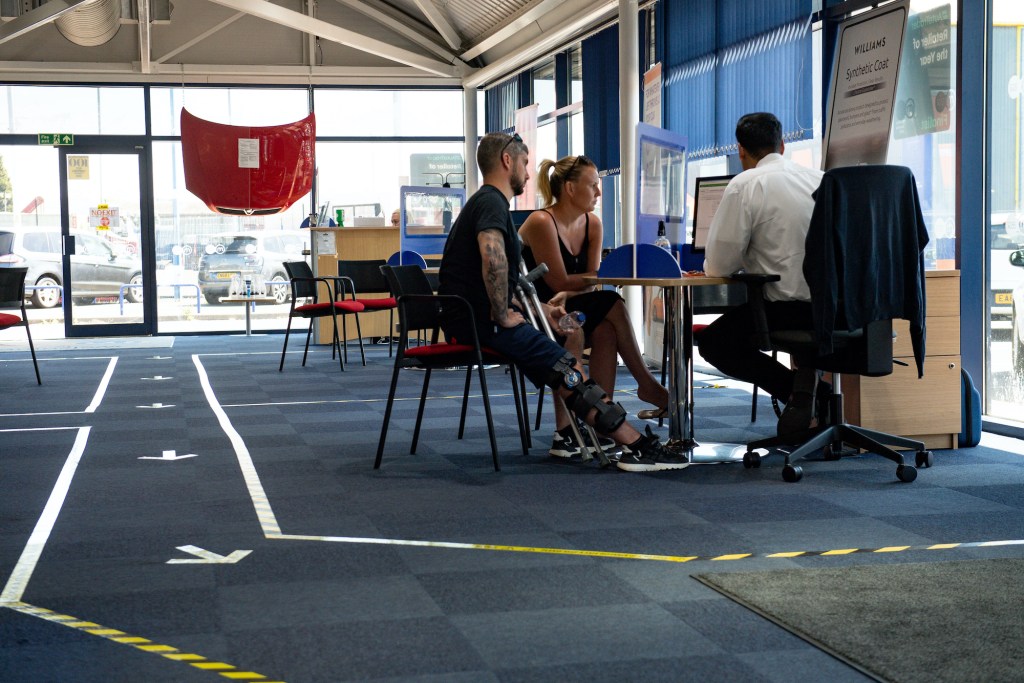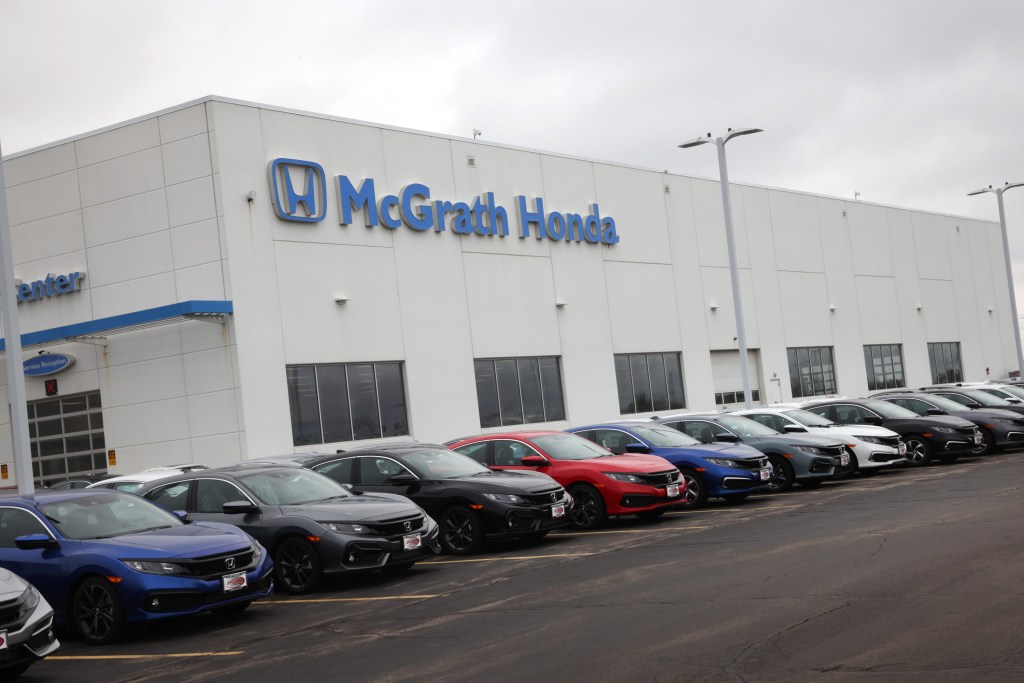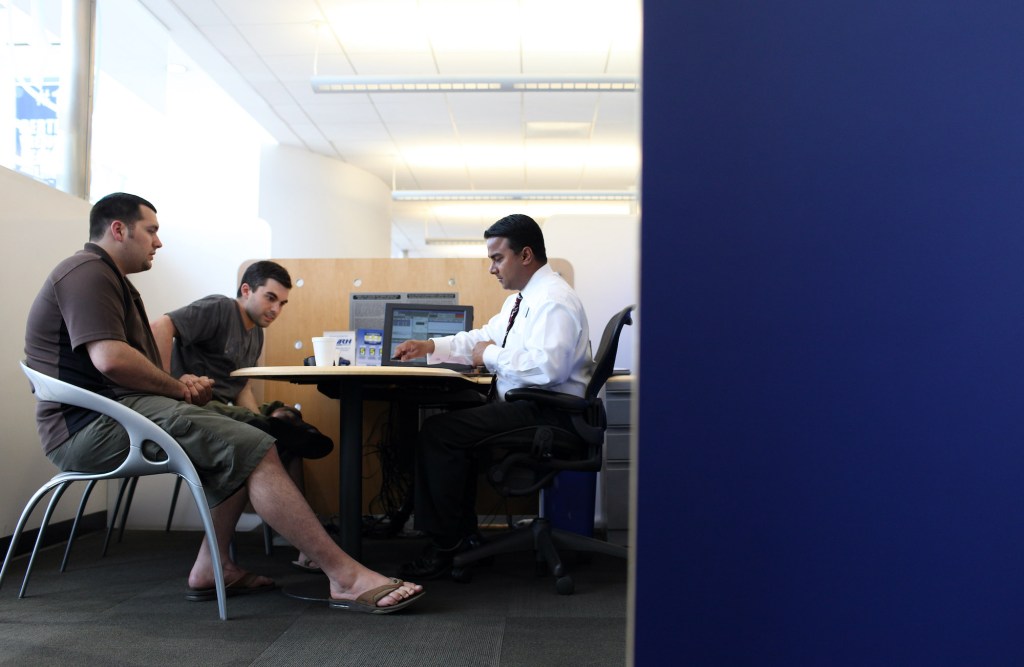
Do I Need a Down Payment to Buy Out My Leased Car?
If your current car lease is coming to an end, then you have a few options. You can take the car back to the dealer and turn it in, you can trade it in for a new one, or you can buy it out completely. If you don’t have the cash upfront, then that last option could necessitate getting a lease buyout loan. But does that mean that you’ll need to put an additional down payment as well?
A lease buyout loan is similar to a normal auto loan, but it could have a higher interest rate

If you do opt to buy out your leased car, but don’t have enough money to purchase it outright, then you can finance it with a lease buyout loan. A lease buyout loan is similar to a traditional auto loan in that it’s a simple interest loan with a pre-determined term length and APR. However, bear in mind that this type of loan can come with a higher interest rate than a typical new car loan.
That being said, it’s important to shop around for the best interest rate and term to fit your budget just like you would with a traditional new car loan. Additionally, the interest rate that you receive on a lease buyout loan will vary depending on your credit situation.
As far as the down payment goes, Cars Direct notes that it may not be necessary to put down money towards the car since you have already been making payments toward it with the lease. However, depending on your current credit situation, some banks may require you to put an additional down payment for liability reasons.
How to get a lease buyout loan

There are a few steps that you can take when deciding to buy out your car lease. Credit Karma recommends the following course of action:
- Contact the leasing company: Before applying for a loan, you’ll need to get the residual value of the car along with any associated fees from the leasing company. You can call the lender and ask them for the “10-day payoff” amount, which is the remainder of the amount owed on the car.
- Shop around for a loan: After you know the exact amount that you need to pay to get the car financed, you can now shop around for the best loan option. Some lenders will give you the ability to get pre-approved on a loan so that you can get an estimate on the loan amount and interest rate up front without receiving a “hard inquiry” on your credit report. Keep in mind that this pre-approval is not an actual approval and your interest rate may be different when you actually apply and get approved for the loan.
- Once you’re approved, close on the deal: After finding the right loan and getting approved for it, it’s time to finalize the deal with the lender and get the paperwork done. This may include having to visit the Department of Motor Vehicles to get the registration handled in addition to a title transfer.
Remember to do your homework before buying out your car lease

Before you decide to buy out your car lease, it’s important to do a little homework to see if it’s worth it. If the residual amount of the car is more than the car is actually worth, then it’s not worth buying out the car. In order to determine this, you can call the leasing company to get the residual value of your car and then check out sites like KBB.com or Edmunds to get a ballpark figure of the car’s actual value.
If the car is worth less than the residual amount, then you may want to consider trading it in or returning it to the dealership instead. But if the car is worth more, then buying it out is a good idea.



